Costa Rica Retired Residency Visa
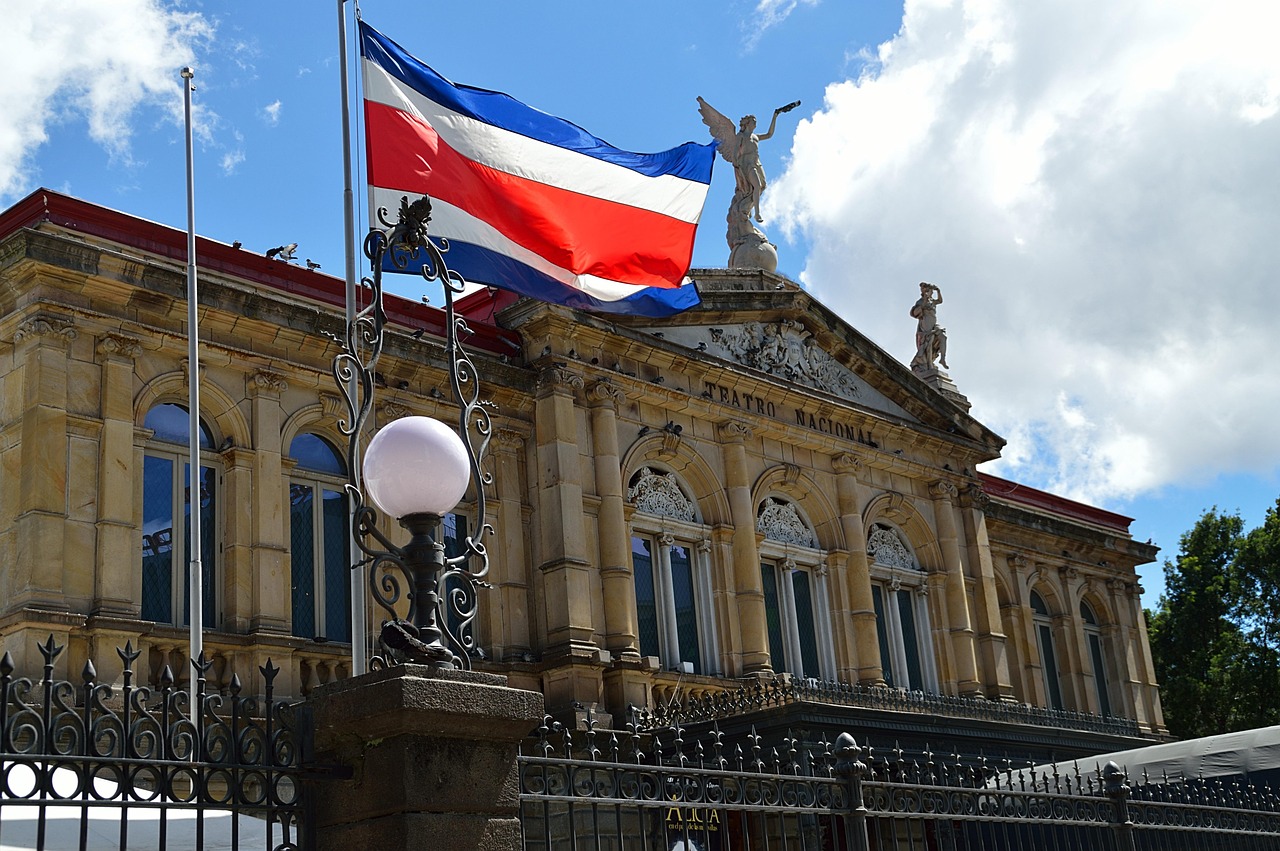
Quick Visa Facts
Visa length 2 years
Possible to extend? Yes, renewable every 2 years if requirements are maintained
Who can apply? Foreign nationals with a guaranteed lifetime pension of at least $1,000 USD per month
Minimum Income Requirements $1,000 USD per month from a permanent, lifetime pension
Time for visa applications Typically 3 to 6 months (processing times may vary)
Want to know if you can apply?
Complete a visa quiz and see if you qualify!
Dreaming of retiring in a place where the pace is slower, the air is cleaner, and the beaches are just minutes away? Costa Rica has long been a top choice for retirees looking for sunshine, safety, and a high quality of life. The country not only offers breathtaking natural beauty and a warm, welcoming culture, but it also has a clear and structured Retired Residency program designed to make the transition smooth for foreigners.
If you receive a stable pension and are ready to make the move, Costa Rica’s Pensionado Residency option could be your gateway to a new chapter of life. In this guide, we’ll walk you through everything you need to know, from official requirements to benefits, frequently asked questions, and what to expect after you apply.
Costa Rica Retired Residency Visa Overview
Costa Rica’s Retired Residency Program (commonly referred to as the pensionado visa) is a temporary residence permit designed for foreign nationals who receive a lifetime pension or retirement income of at least US $1,000 per month. This visa category is established under Law No. 9996, which came into effect in 2021, with regulations finalized in 2022, offering a range of financial and tax incentives to qualifying retirees.
The visa is ideal for those looking to settle in Costa Rica long-term and enjoy its warm climate, natural beauty, affordable healthcare, and relaxed lifestyle, all while benefiting from a legal residency pathway tailored specifically for retirees.
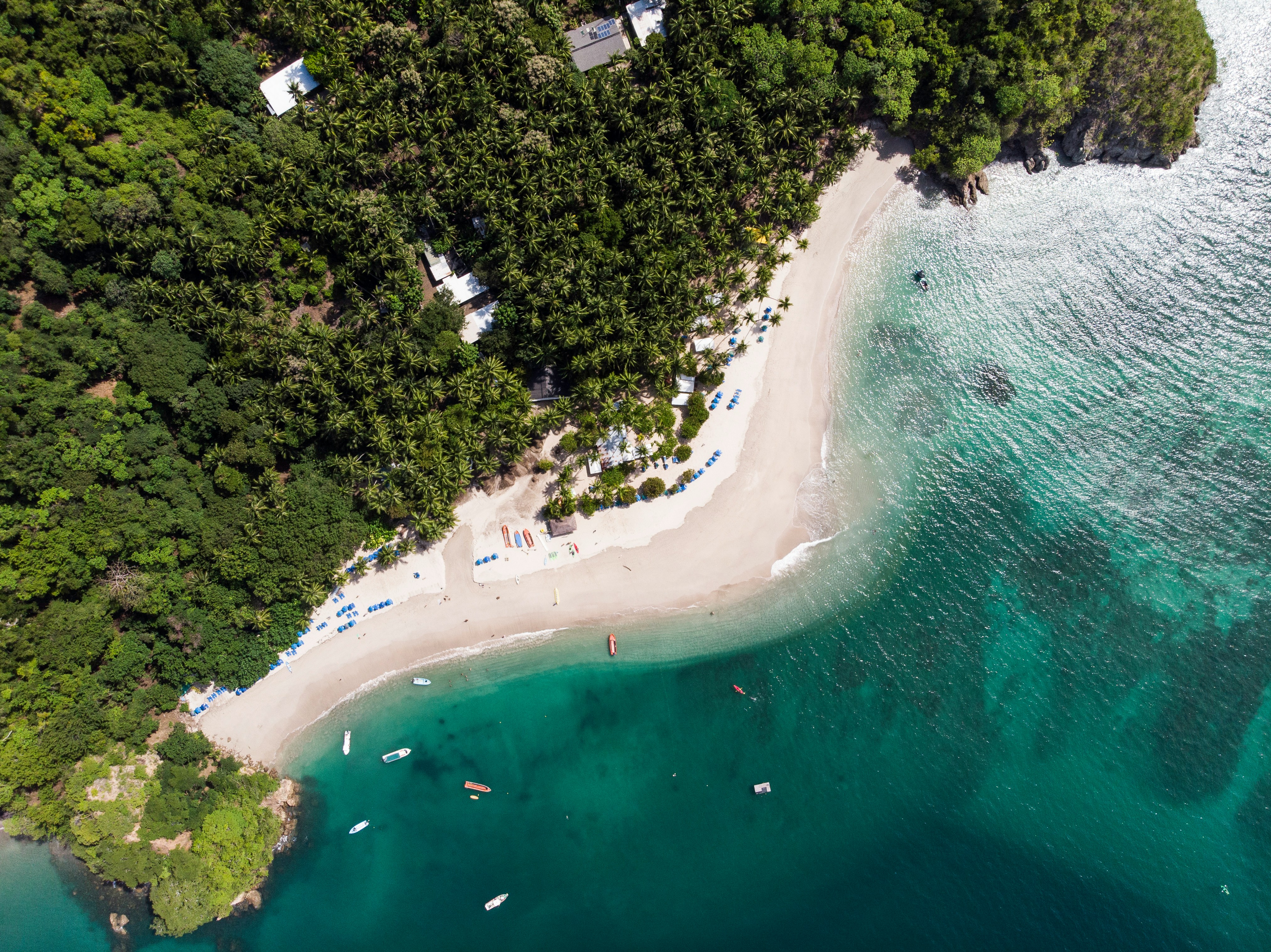
Who Is It For?
The Retired Residency visa is for:
Foreign nationals with a guaranteed lifetime pension or retirement benefit of at least US $1,000 per month
Individuals seeking to reside in Costa Rica full-time or part-time while enjoying immigration and tax benefits
Retirees who are not seeking employment in Costa Rica but may wish to invest, start a business, or import goods duty-free
It’s especially popular among U.S., Canadian, and European retirees who want to spend their retirement years in a safe, biodiverse, and expat-friendly country.
What Does It Allow You to Do?
Holders of the Retired Residency visa can:
Legally reside in Costa Rica for an initial period of two years (renewable)
Import household goods and vehicles duty-free, subject to conditions
Apply for permanent residency after three years of temporary residency
Open a bank account and access various local services
Register with Costa Rica’s public healthcare system (Caja)
Exit and re-enter the country freely while the application is in process
However, note that this visa does not allow you to work as an employee in Costa Rica. You may own a business or earn income from abroad, but you cannot be directly employed by a Costa Rican company.
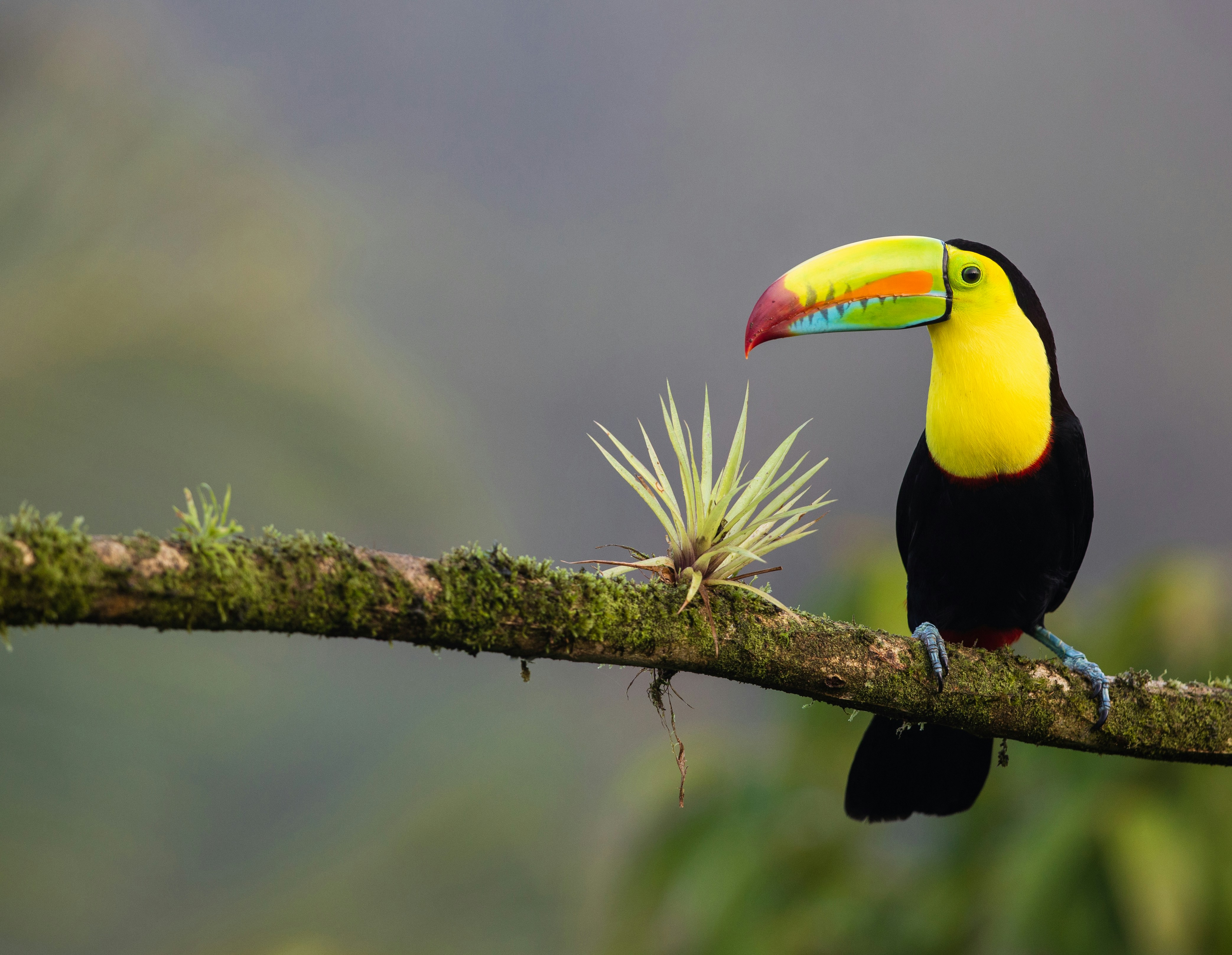
Visa Requirements for Costa Rica’s Retired Residency
To apply for the Costa Rica Retired Residency (Pensionado Visa), you’ll need to gather a set of official documents and meet specific eligibility criteria. Below is a breakdown of the general documents required for all applicants, followed by key special requirements that must be met to qualify.
Here’s a list of the basic documentation:
Completed application forms (including a signed letter of request to the Dirección General de Migración)
Two recent passport-sized photos
Valid passport (plus certified copies of the photo page and last entry stamp)
Birth certificate (apostilled or legalized)
Police clearance certificate from your country of residence (issued within the last 6 months; not required for minors under 12)
Marriage certificate (apostilled, if applicable)
Official translations of all foreign documents into Spanish (must be completed by an authorized translator)
$250 USD government fee per application
Tip: All foreign documents must be apostilled or authenticated and submitted within their valid time frame.
Proof of Financial Self-Sufficiency
To qualify, you must provide official proof of a lifetime pension of at least US $1,000 per month. This is the cornerstone of the Retired Residency visa.
Acceptable forms of proof include:
A retirement certificate or benefits letter from a government agency or private pension fund
The document must be issued within the last 6 months and clearly state the amount, frequency, and lifetime guarantee of the payments
This certificate must also be apostilled or legalized, and officially translated into Spanish if not already in the language.
Health Insurance Registration (After Approval)
While private health insurance is not required upfront, once your residency is approved, you’ll need to register with Caja Costarricense de Seguro Social (CCSS or “Caja”), Costa Rica’s public healthcare system.
This step becomes mandatory only after your residency is granted, and the approval notice will instruct you to enroll and begin monthly contributions based on your declared income.
Travel insurance is not accepted; it must be long-term residency health insurance. You can find our recommendations for the best health insurance plans for digital nomads here.
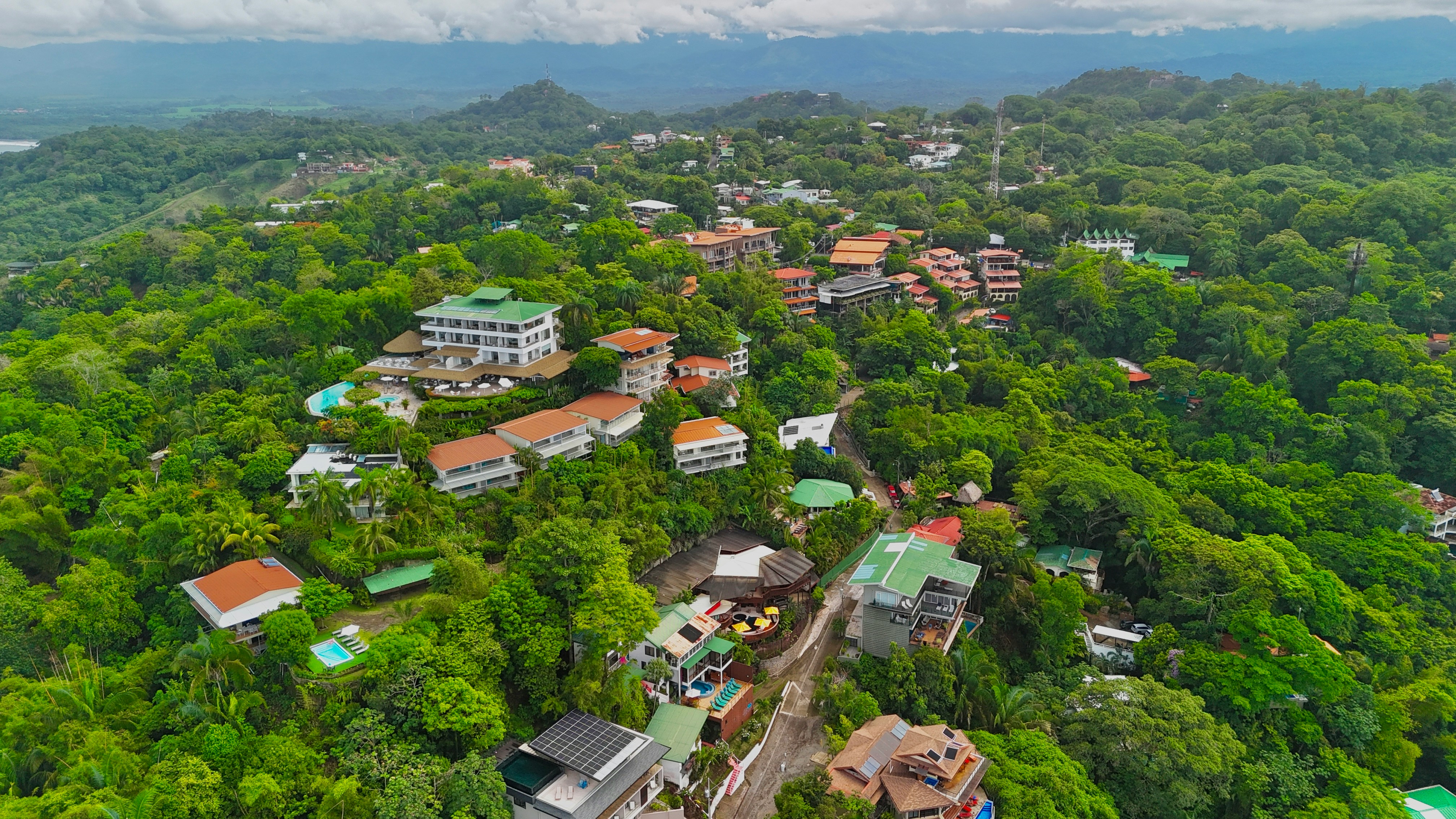
How to Apply for the Costa Rica Retired Residency – Step-by-Step Instructions
Applying for the Costa Rica Retired Residency (Pensionado Visa) may seem complex at first, but with the right preparation, the process can be smooth and straightforward. Below is a step-by-step guide to help you understand what to expect from start to finish.
Step 1: Gather Your Documents
Before you begin your application, make sure you have all the required documents ready. This includes identification, apostilled certificates, and proof of pension income. For a full list of what you'll need, check the Visa Requirements section above.
Tip: Start early with apostilles and translations, as processing times can vary by country and document type.
Step 2: Submit Your Application
Submit your complete application package to the Dirección General de Migración y Extranjería (Costa Rica’s immigration office), either directly or through a licensed immigration attorney.
Applications can be submitted in person in Costa Rica or through an authorized legal representative if you're still abroad.
Step 3: Wait for Application Review
Once submitted, your application will be reviewed by immigration authorities. During this time:
You can stay in Costa Rica as a tourist, and
You may enter and exit the country freely, as long as you meet tourist entry requirements (valid passport, proof of funds, return ticket)
Processing times vary, but it can take several months for approval.
Step 4: Open a Bank Account (Optional Pre-Approval)
While waiting for approval, you may open a limited-functionality bank account (e.g., at Banco Promerica). Full banking access, including SINPE (national electronic transfers), will be available once your DIMEX (residency card) is issued.
Step 5: Receive Approval and Register with Social Security
Once your application is approved:
You’ll be issued a DIMEX card (residency ID)
You must register with Caja (Costa Rica’s public healthcare system) and begin paying your monthly contribution
Only after approval are you legally obligated to enroll in the public healthcare system.
Step 6: Maintain and Renew Your Residency
Costa Rica’s Retired Residency is issued for two years and is renewable, provided that:
You continue receiving your pension income
You live in Costa Rica for at least one day every year
You stay compliant with Caja payments and immigration regulations

Minimum Stay Requirements
Costa Rica’s Retired Residency comes with minimal stay obligations, making it a flexible option for retirees who may want to travel or split their time between countries.
To maintain your temporary residency status, you must spend at least one day per year in Costa Rica.
This means you are not required to live in the country full-time. As long as you visit Costa Rica once every 12 months, your residency remains valid, as long as you continue to meet the other renewal conditions (such as proving your pension income and staying registered with the national healthcare system).
How Much Does the Costa Rica Retired Residency Visa Cost?
The total cost of applying for the Costa Rica Retired Residency can vary slightly depending on your situation and whether you work with a lawyer or handle the process yourself. However, here are the core fees and typical expenses you should expect:
$250 USD application fee (per applicant)
$25 USD for each official residency form
$1–$3 USD for revenue stamps (timbres), depending on where the application is submitted
$40–$50 USD for fingerprinting at the Costa Rican Ministry of Public Security
$2 USD per page for certified copies (e.g., passport pages)
Fees for document apostilles, translations, and notarization, which vary by country
Caja (healthcare system) registration fee, calculated based on your declared monthly pension and payable monthly after your residency is approved
Note: These fees are subject to change, so it’s a good idea to confirm current rates with the Dirección General de Migración y Extranjería or your legal representative before applying.
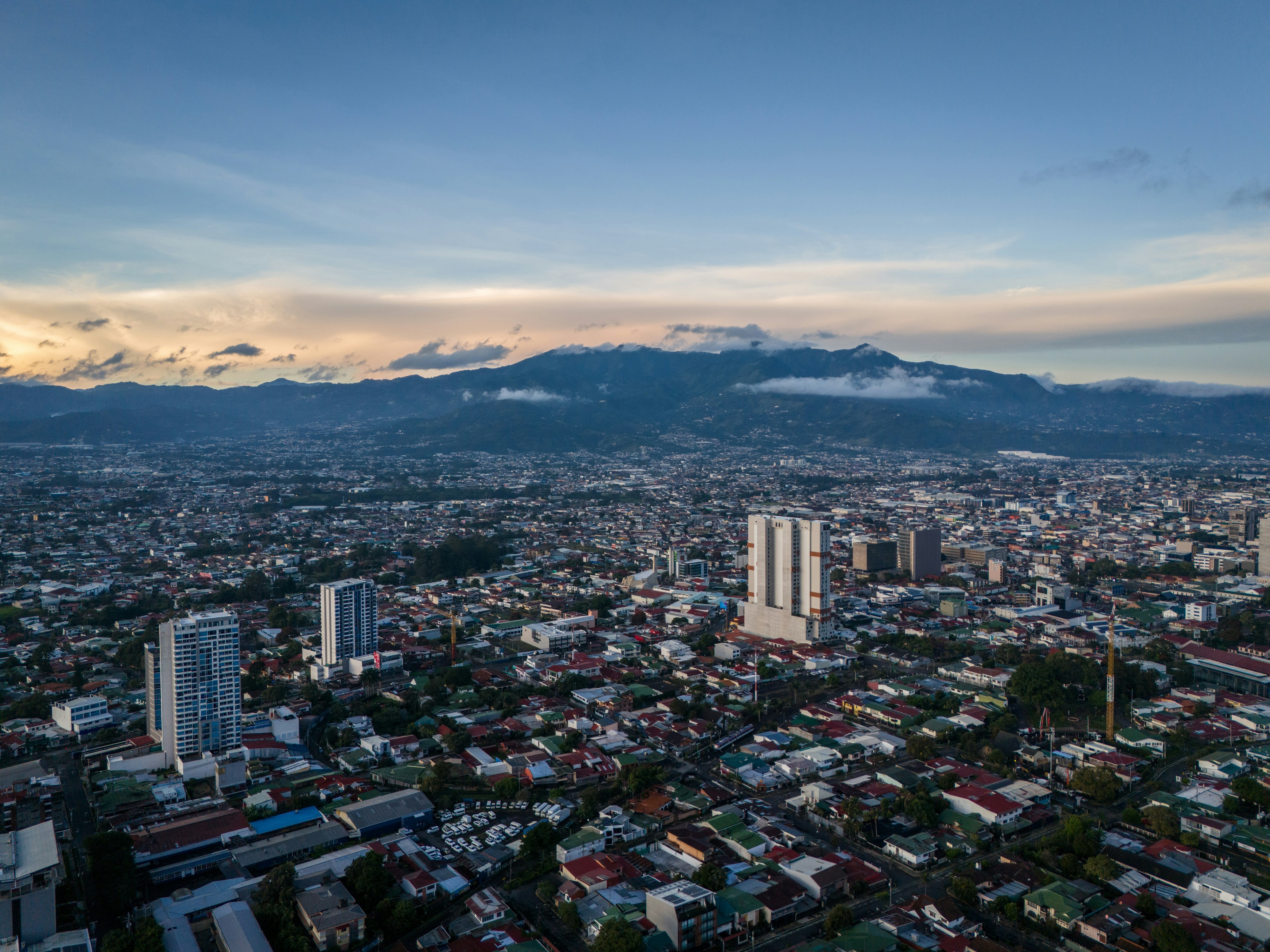
Taxes for People With a Costa Rica Retired Residency Visa
One of the most attractive features of Costa Rica’s Retired Residency is its favorable tax treatment for foreign retirees.
As a pensionado visa holder:
Your foreign pension income is not taxed in Costa Rica. The country operates on a territorial tax system, meaning only income earned within Costa Rica is subject to taxation.
The monthly pension income you declare to qualify for the visa is exempt from Costa Rican income tax.
You may also benefit from import tax exemptions on certain goods, including household items and up to two vehicles (air, sea, or land) for personal or family use.
There’s a 20% reduction in transfer tax if you purchase real estate within the period covered by the residency law (Law No. 9996).
Instruments or materials used for professional or scientific practice may also be imported tax-free.
Important: While the pensionado visa offers excellent tax advantages in Costa Rica, you may still be subject to taxes in your home country, depending on your citizenship or tax residency status. It's strongly recommended to consult with a tax advisor familiar with both Costa Rican and international tax law.
Additionally, holding a pensionado visa does not automatically make you a tax resident in Costa Rica. Tax residency requires meeting separate criteria, such as spending a certain number of days in the country and establishing economic ties.
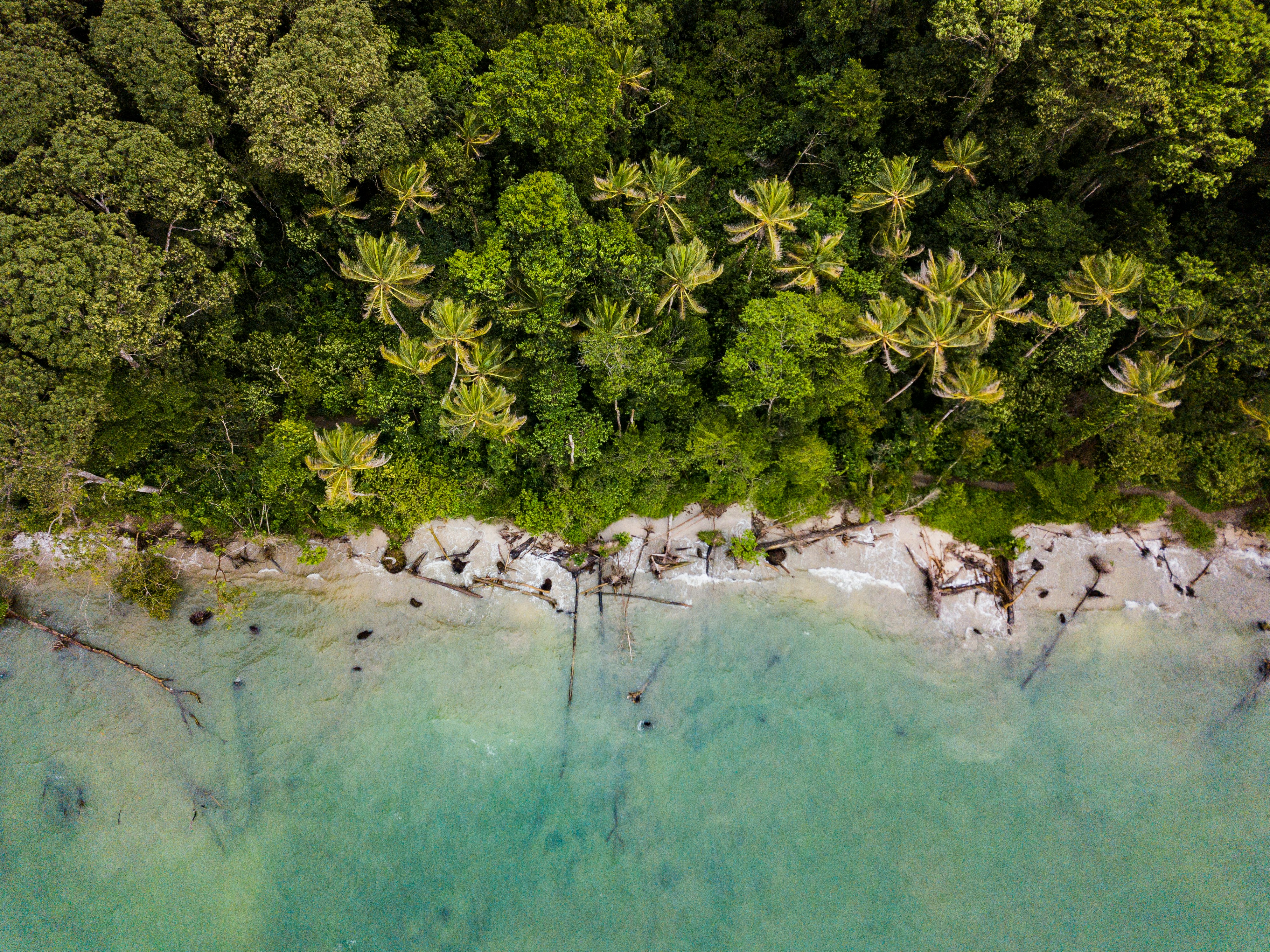
Living in Costa Rica with the Retired Residency Visa
Living in Costa Rica with the Retired Residency Visa means enjoying a peaceful, affordable lifestyle in one of the world’s most biodiverse and welcoming countries. Whether you prefer the beach, mountains, or lush rainforests, Costa Rica offers a range of climates and communities to suit your preferences. Many retirees settle in popular areas like the Central Valley, Guanacaste, or the Southern Zone, where you’ll find a growing expat community, quality healthcare, and easy access to nature and amenities. With residency in hand, you can fully integrate into daily life, opening a bank account, registering for public healthcare, and exploring the country at your own pace.
Costa Rica’s stable democracy, focus on sustainability, and friendly, “pura vida” culture make it an ideal destination for long-term living. As a resident, you’ll enjoy benefits like duty-free import options, tax exemptions on foreign income, and access to local services. Although you can’t work as an employee under this visa, you’re free to invest in property, start a business, or simply enjoy retirement. Best of all, you only need to spend one day per year in the country to maintain your residency, giving you the freedom to travel while still calling Costa Rica your home base.
Best Cities to Live in Costa Rica
Choosing where to live in Costa Rica depends on your lifestyle, climate preferences, and how connected you want to be to expat communities or local culture. Here are three of the best cities for retirees with a Costa Rica Retired Residency Visa, each offering something unique:
San José
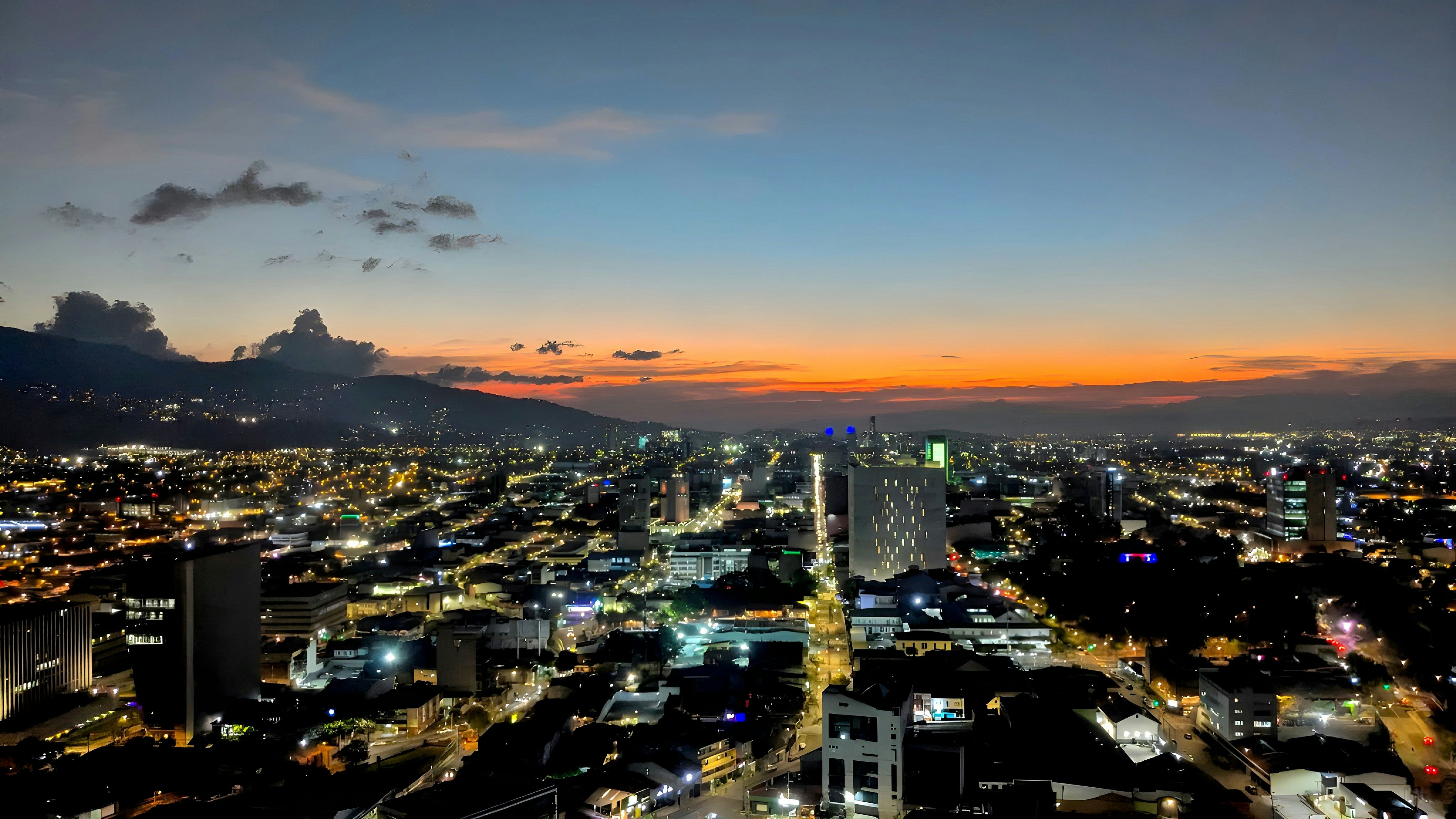
As the capital city, San José offers the most developed infrastructure in Costa Rica, with access to top-tier hospitals, government offices, international airports, shopping centers, and cultural attractions. Located in the temperate Central Valley, its year-round spring-like climate is ideal for retirees who want mild weather and urban conveniences. While it’s busier than coastal towns, San José is well-connected and serves as a great base for day trips or weekend getaways to the beach or mountains.
Tamarindo
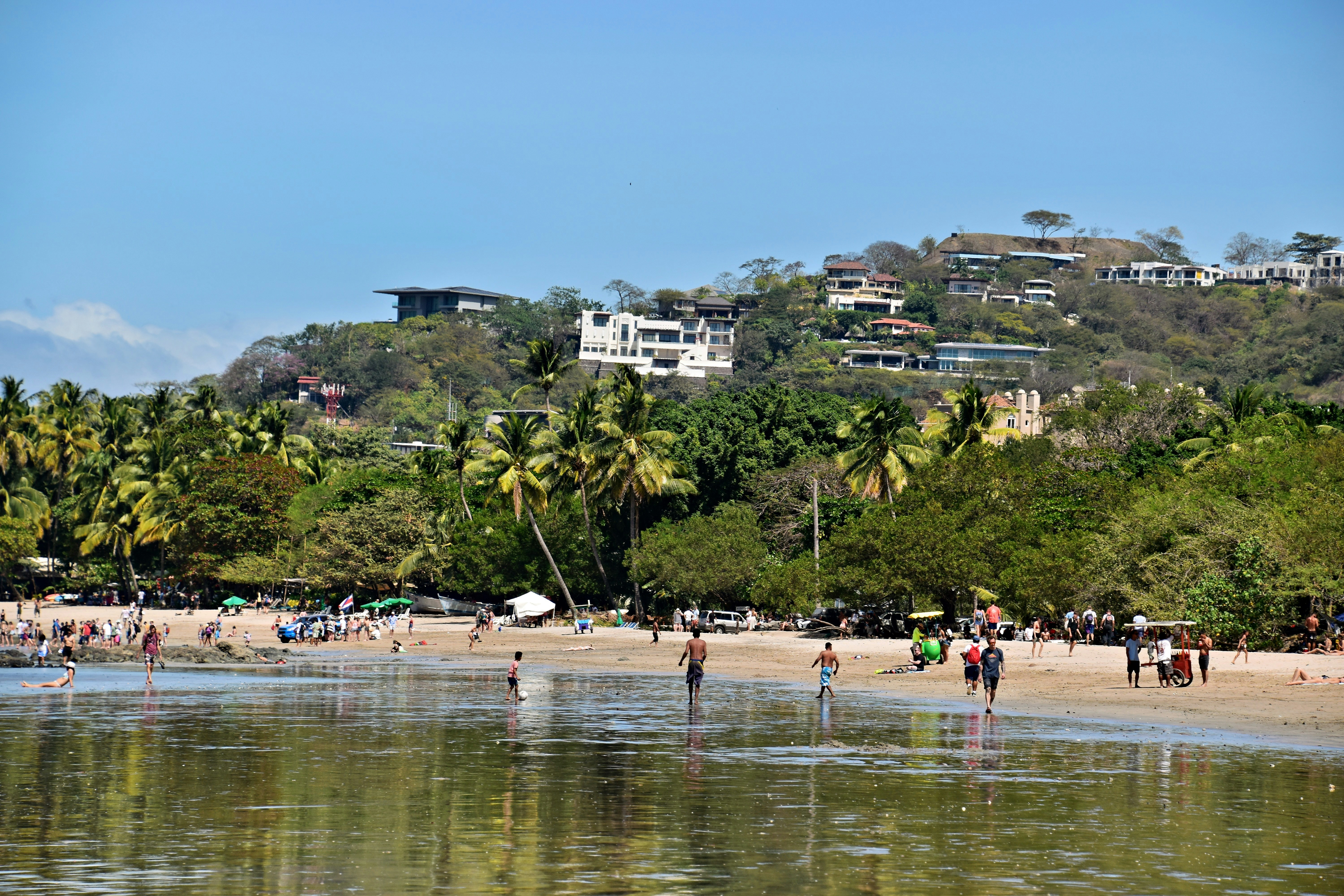
If beach life is what you’re after, Tamarindo on the Pacific coast is a top choice. This laid-back surf town has evolved into a thriving expat hub, offering a mix of local charm and modern amenities. Retirees are drawn to its warm climate, golden beaches, and growing health and wellness scene. Tamarindo is perfect for those who want a coastal lifestyle with access to cafés, yoga studios, international restaurants, and vibrant sunsets, all in a walkable community.
Cost of Living
The official currency of Costa Rica is the Costa Rican colón (CRC). ₡1,000 = approximately $1.85 USD.
The average net monthly salary in Costa Rica is around ₡580,000 CRC, which equates to approximately $1,075 USD. Keep in mind that costs and salaries vary significantly depending on the region and your lifestyle.
Here’s a rundown of what you should expect to pay in different cities:
San José
Rent (1 bedroom in city center) – $650 per month
Rent (3 bedrooms outside city center) – $950 per month
Basic Utilities – $85 per month
Wi-Fi – $35 per month
Public Transport – $0.90 one-way
Groceries (2 people) – $300–$450 per month
Tamarindo
Rent (1 bedroom in city center) – $950 per month
Rent (3 bedrooms outside city center) – $1,400 per month
Basic Utilities – $100 per month
Wi-Fi – $45 per month
Public Transport – $1.20 one-way
Groceries (2 people) – $400–$550 per month
FAQs
Can I apply for the Costa Rica Retired Residency from outside the country?
Yes. You can apply either in Costa Rica or from abroad using a legal representative. All documents must be properly apostilled or legalized and translated into Spanish before submission.
Do I need to stay in Costa Rica full-time to maintain my residency?
No. To keep your retired residency active, you’re only required to spend at least one day per year in Costa Rica.
Can I work or start a business with the Retired Residency visa?
You cannot work as an employee under this visa. However, you are allowed to own and operate a business or earn passive income from abroad (such as rental properties, investments, or pensions).
How long does it take to get approved for the Retired Residency visa?
Processing times vary but typically range from 3 to 6 months. During this period, you may remain in Costa Rica as a tourist and freely enter and exit the country, provided you meet standard tourist entry requirements.
Is healthcare included with the visa?
Not automatically. Once your residency is approved, you are required to register with Costa Rica’s public healthcare system (Caja) and begin paying monthly contributions based on your declared pension income.
Can I get help applying for the Costa Rica Digital Residency Visa?
If you need help applying for a visa, you can talk to Citizen Remote. Get specific advice from one of our experts, or outsource the entire application to our team.
Author
Nadia Dardón is a content creator from Guatemala. She has worked fully remotely for the past six years as a copywriter, editor, and content creator, working for different industries. She started her digital nomad journey in 2022 and currently lives as an expat in Spain.
